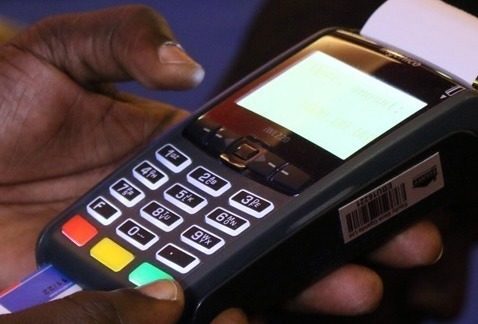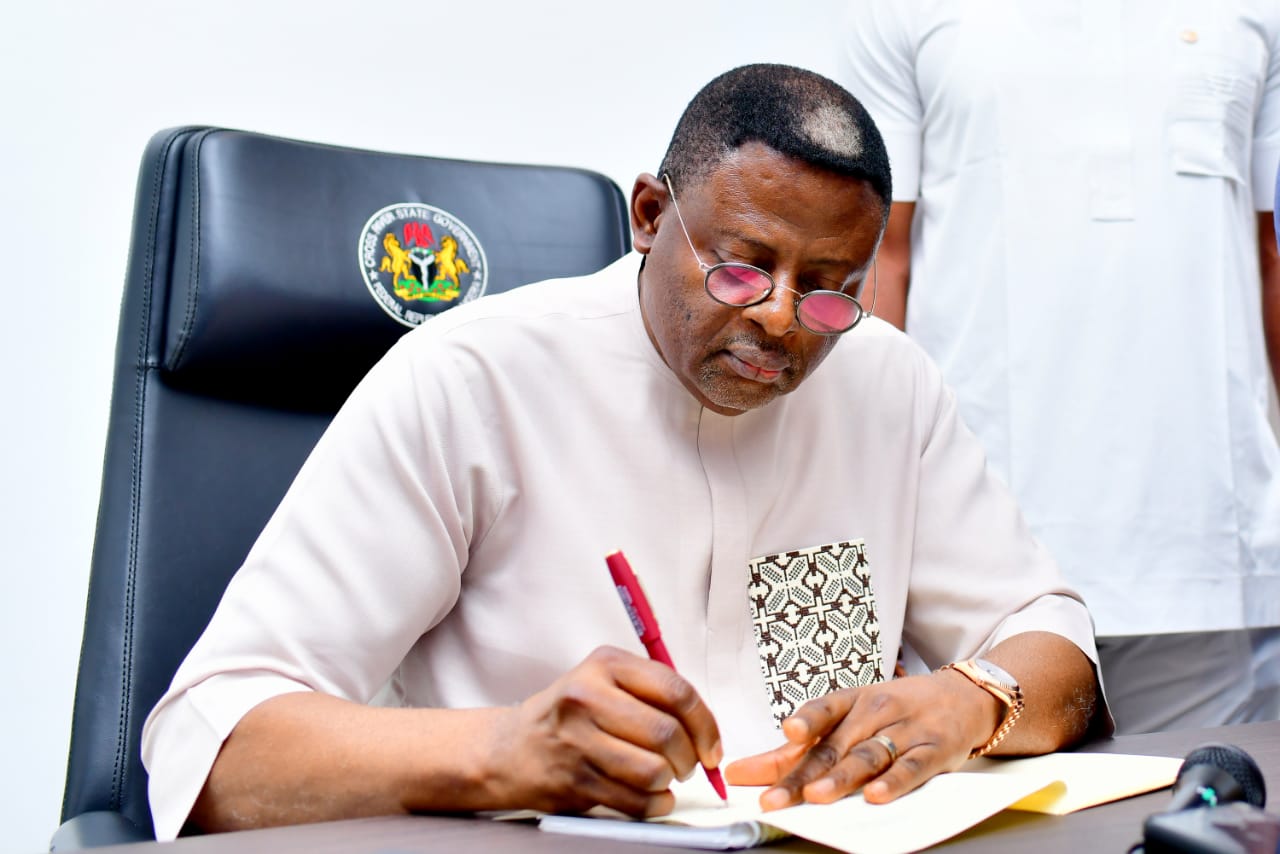By Mobolaji Sanusi
“I don’t have companies. I don’t attach much to materialism especially materialism that is at the expense of the development of the country. I have a clear conscience and feel l can face God with confidence.“
The quote above was uttered by the late former president of Nigeria, General Muhammadu Buhari, of blessed memory in the course of one of his rarely granted interviews.
I was deeply touched by the depth of his altruistic sincerity in making that statement even as the then sitting president in our country where corruption is so ingrained in the system to a point where government officials especially, are described as smart simply because they are adept at compromising the system for pecuniary advantage.
Wantonly in Nigeria in recent times, government policies are appraised and implemented from the prisms of corrupt accruals for their initiators and implementers.
During the so-called administration of Buhari, it is not hyperbolic to say that the late leader was probably the lone ranger in his puritanical disposition to governance and material acquisition.
Comparatively, apart from retired General Yakubu Gowon whom history has proved wasn’t materialistic when he served as the country’s military head of state, no Nigerian leader till date has left the position without being accused, with clear evidential facts, of deploying the exalted position to corner the nation’s resources for personal advantage akin only to avaricious aggrandizement. None of them have been made to face the wrath of the law so far.
Ordinarily, ownership of companies by leaders in Nigeria or any other countries is not a criminal offence, especially if such ventures are owned before their assumption of office. But it becomes a different ball game where leaders overnight become industrialists cum humongous investors with unexplainable wealth while in office or immediately after leaving office. This deplorable development is more rampant in my country, Nigeria and nothing concrete has been done to stem this ugly cycle.
For Buhari to have come out to make above statement during his rulership years clearly ranks him above any Nigerian leaders and, more importantly, other privileged Nigerians in power, especially on the corruption index.
Pertinently, how did Buhari’s puritanical approach to governance help in developing the country? This is the one billion dollar question that, if altruistically answered, can properly give an acceptable verdict of history on Buhari and his tenure.
Yes, Buhari has been honoured with highfalutin epithets, inspirational stories, anecdotes and memories of his ascetic lifestyle that highlights his unique leadership character. Whatever personal purity that Buhari had, it cannot shield him from somehow being responsible for the true state of Nigeria’s current shambolic economic, spongy security and muddled agricultural realities.
Now he’s no more but the judgment of history on how he led this country cannot be flipped over. Such history chapter will now be written by some of us who lived through his less-than-satisfactory leadership of Nigeria.
In this digital age, Buhari’s legacy in government cannot be shaped by his large devout supporters’ love for him or their propaganda. His legacy shall be adjudged by what he did right or wrong. The verdict of history on Buhari cannot be distorted by any printers devil or pushed under the carpet by the ancient saying – let the sleeping dogs lie.
The era of internet that never forgets has come to stay. The different phases of Buhari’s public service to the nation cannot be eroded by the tradition of not saying evil against the dead. In the political firmament, the verdict of history not only on Buhari but other leaders should be sharp and precise.
For instance, Buhari’s days as military head of state, though brief and despite its twists and turns, was highly momentous for inculcating discipline and standards in Nigerians. Till date, it is difficult to forget that era’s policy of War Against Indiscipline (WAI) that whipped our people to line of globally acceptable best practices, in conduct and actions. Nigerians that are old enough still relish the public discipline of that era. It was also during this epoch that Nigerian cultures, traditions and products were made things of national pride and accorded deserved priorities.
This is despite the contentiously condemnable retroactive killing of Bartholomew Azubike Owoh, Lawal Akanni Ojuolape and Bernard Ogedengbe for drug trafficking that was not punishable by death at the time the trio committed the crime. Also, the draconian Decree 4 that Buhari/Idiagbon promulgated which led to the jailing of two hardworking journalists, Messrs Nduka Irabor and Tunde Thompson, for publishing truth cannot be easily forgotten. He was as a military ruler ever contemptuous and condemnable of the media.
Buhari’s democratic era is something that history may not be kind to. His puritanical strength was overshadowed by his weakened capacity to effectively govern the country. Maybe due to his age induced ill health or unpardonable deliberate personal nonchalance.
Shockingly too, most of those he freely appointed to administer the country together with him were two extremes in terms of good and bad. Yet, he did nothing to rectify the situation until the nation relapsed into its current abyss.
Buhari’s failures in the spheres of security and economy were legendary despite his expending trillions of naira to prosecute same. His nepotistic inclination in governmental appointments remained unrivaled. Buhari is largely regarded by most Nigerians as an ethnic bigot and a fundamental Islamist that promoted Fulani/Hausa’s undeserved privilege to an unenviable level within the entity called Nigeria. He spent billions of naira of the country’s hard earned revenues to benefit neighbouring Niger Republic and Chad where his Fulani/Hausa clans inhabit.
However, Buhari, like Goodluck Jonathan, his predecessor in office did to him, will be remembered for ensuring a smooth democratic transition to the current administration of President Bola Ahmed Tinubu, GCFR.
Senate President Godswill Akpabio’s expression of grief in a statement upon Buhari’s death leaves much to be desired. He stated on Buhari: “I am deeply pained that he died when his wise counsel is needed most in the country…” The question is: can anyone ever miss Buhari’s purported “wise counsel” that he never used to navigate the country out of Peoples Democratic Party (PDP) induced troubled waters when he had a whole eight years of being in the saddle of power to do something worthwhile?
Buhari was sincerely a non-materialistic man while alive even when his ’moralistic disposition’ had done more harm than good to the wellbeing of the country as a whole. Whatever Buhari did or didn’t do, he had clearly assured us that he can now face God with confidence because according to him, he had ‘a clear conscience.’
•Sanusi, erstwhile MD/CEO of LASAA, is managing partner at Lagos State based AMS Reliable Solicitors.
.


